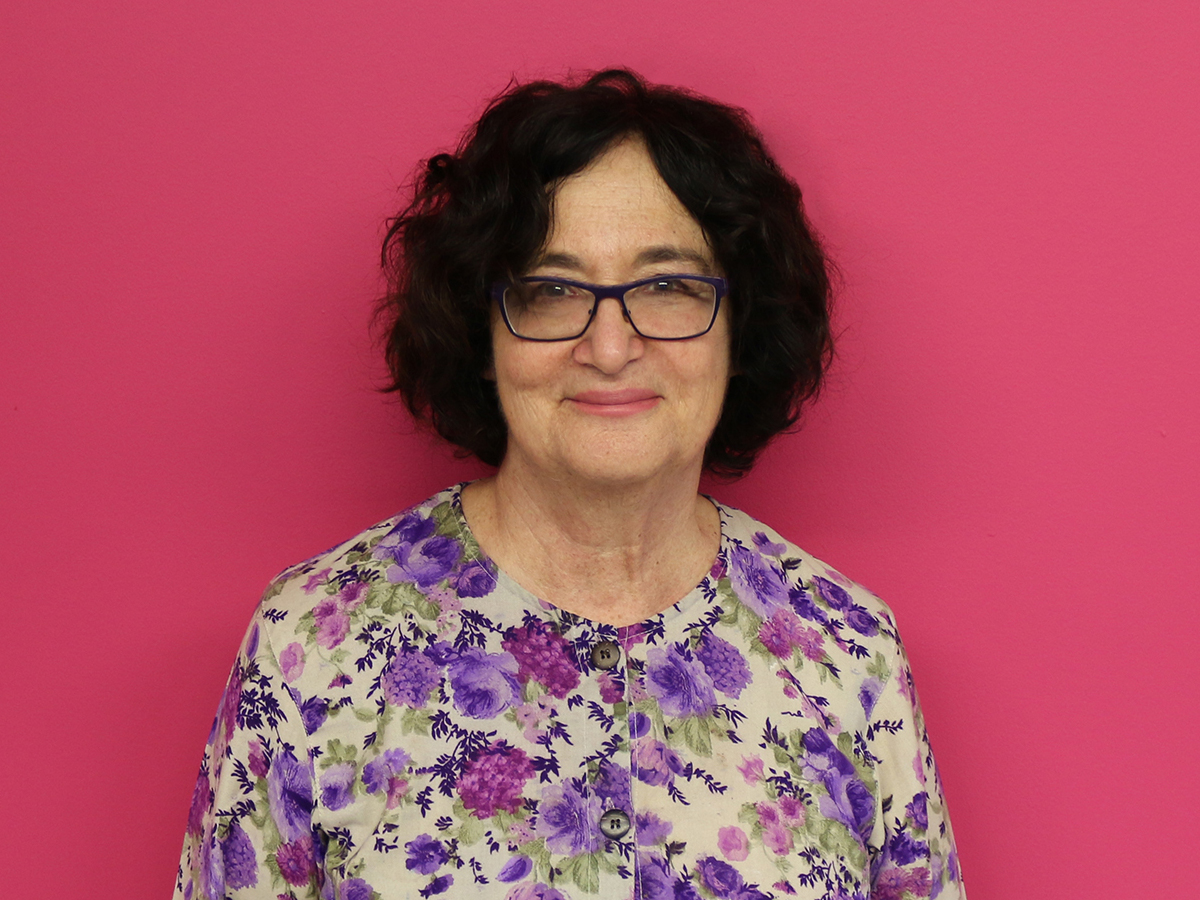On June 15, 1983, Toronto’s first abortion clinic opened, and I stepped in front of the man who tried to stab Dr. Morgentaler with garden shears. It was a moment that changed my life, cementing my public image as a warrior, fighting for women’s rights. It was also yet another warning sign that I was dissociative.
About a week after the opening, the chief of police announced that they had a complaint from a woman who claimed she had been forced to go through with an abortion at the clinic. The moment the news went public, the clinic received phone calls from the taxi driver who had driven the woman home and said she was fine until the cops stopped her; a nurse from the hospital emergency room who said the police had coached her; and someone from Immigration saying that she was an illegal immigrant and no doubt they threatened to deport her if she didn’t file a complaint against Morgentaler. We had so much public support that they couldn’t get away with lies and intimidation.
Then, three weeks after the clinic opened, Dr. Morgentaler and his colleague Dr. Robert Scott were arrested. Those three weeks were intense. Every day I would ride my bike from the Canadian Hearing Society to the clinic. The police were following patients home, trying to intimidate them, so OCAC organized what we called an “escort service.” People would volunteer to take the patients home. The escort knew how to handle the police and what the patient’s rights were. The escort service turned out to be a solid core of support for the clinic.
The day after the doctors were arrested, we held a big rally at Queen’s Park. About 5,000 protesters showed up. I was the MC and it was here that I really started to understand the power of public speaking. Through rough call-and-response chants, I could build the energy and enthusiasm of the crowd. In some ways, the pro-choice struggle was the perfect battleground: I could release my anger constructively by confronting a ferocious, sometimes violent, opponent in the anti-choice movement, yet I wasn’t powerless as I had been in the face of my father’s violence. I was empowered by the strength in the solidarity of the growing movement.
Death threats were common not only against Henry but also against Norma Scarborough, who was the spokesperson for CARAL, and myself. People used to call CHS, warning the receptionist that they would beat me up when I left the office. The worst incident was when a death threat had been posted to Norma’s apartment door. Then there was the time when a man tried to throw me off a subway platform. Fortunately, I was taking tai chi and I took my stance so he couldn’t move me. When the subway arrived, I ran.
I asked Henry how he coped with the constant threat of violence.
“Any of us could die at any time,” he said. “We’re doing what we believe in. There’s nothing we can do about some crazy who might come out of nowhere and take a shot. We can’t let that stop us from doing what we think is right.”
We also received an incredible amount of support. One time I was on my bike passing a big truck when the driver yelled out the window, “Hey, you’re the girl from the clinic, Sam,” he said to the guy next to him. “Look, it’s the girl from the clinic.” And then he gave me a thumbs-up.
Almost every time I went out for lunch or dinner with Henry, the servers would pay for the meals. From time to time when I was on the subway, people would give me money for Dr. Morgentaler and his defence fund.
“The courts are against us, the government is against us, the cops are against us,” Henry once said. “But the people, Judy, the people are with us.”
And so they were.
Judy Rebick is a well-known social justice and feminist activist, writer, journalist, educator, and speaker. She is the author of Transforming Power: From the Personal to the Political, Occupy This!, Ten Thousand Roses: The Making of a Feminist Revolution, Imagine Democracy. Founding publisher of rabble.ca, Canada’s popular independent online news and discussion site, Judy continues to write a monthly column on rabble.ca.
She is the former president of the National Action Committee on the Status of Women, Canada’s largest women’s group, and was the first CAW Gindin Chair in Social Justice and Democracy at Ryerson University. During the 1990s, she was the host of two national TV show on CBC Newsworld and is a frequent commentator on CBC Radio and Television. In the 1980s, she was a well-known spokesperson for the pro-choice movement during the fight to legalize abortion. She lives in Toronto.
Excerpted from Heroes in My Head copyright © 2018 by Judy Rebick. Reproduced by permission of House of Anansi Press Inc., Toronto. All rights reserved. No part of this excerpt may be reproduced or reprinted without written permission from the publisher. www.houseofanansi.com
Heroes in my Head is available for sale wherever books are sold.
Editor’s note: the excerpt has been shortened for focus and clarity



